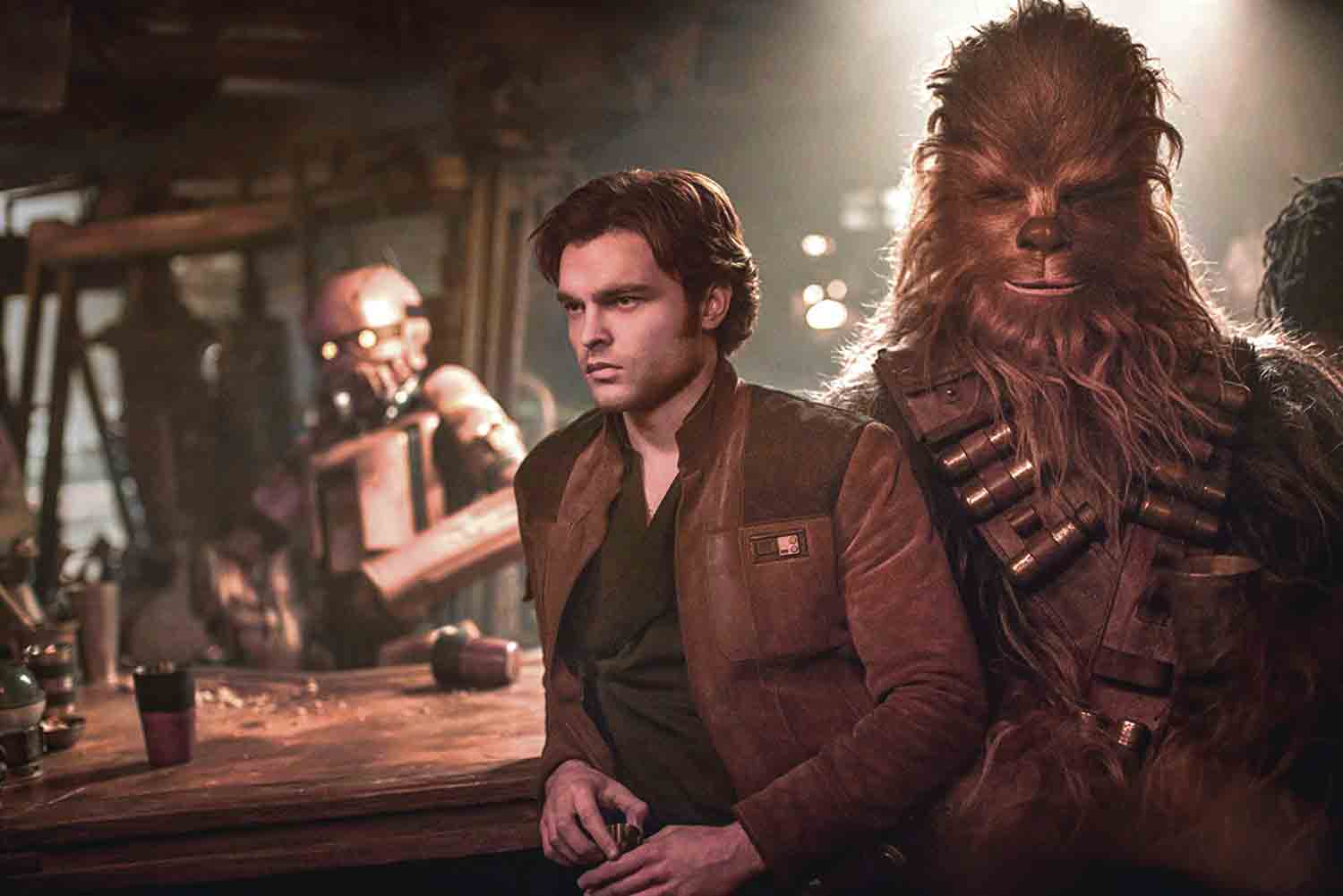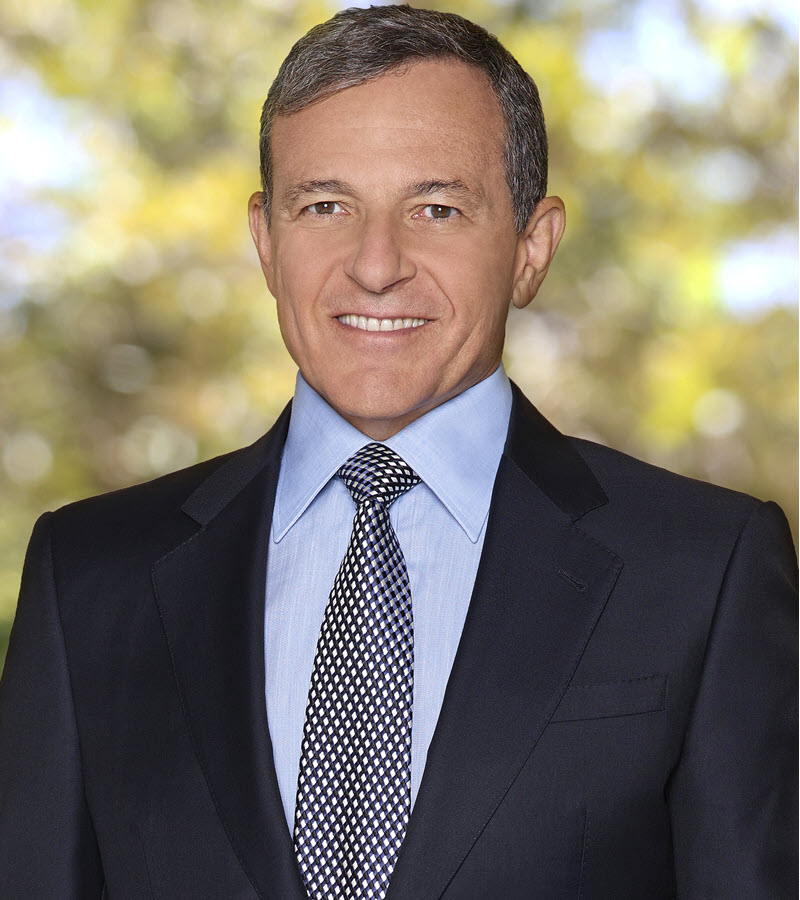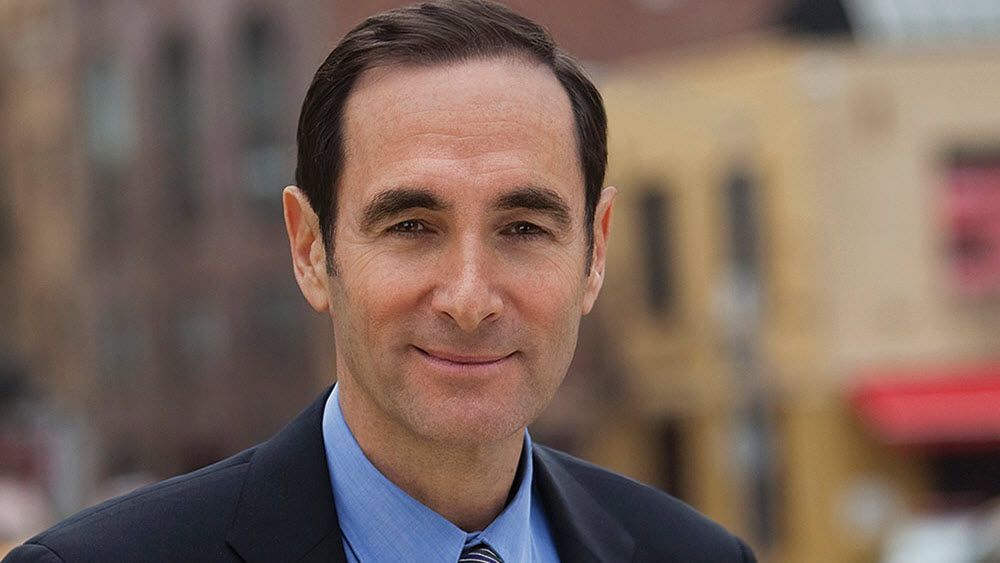Over-the-Top Momentum Streams Along

The smarter way to stay on top of broadcasting and cable industry. Sign up below
You are now subscribed
Your newsletter sign-up was successful
Why This Matters: Disney is just the latest high-profile content maker to place an emphasis on direct-to-consumer platforms.

Top pay TV programming chiefs doubled down on their over-the-top plans in the past week, with The Walt Disney Co. chairman and CEO Bob Iger providing a glimpse into what he said will be his company’s top priority in the next two years, the direct-to-consumer service some analysts are calling “DisneyFlix.”
Iger may be the highest-profile content chief to outline an OTT strategy, but he isn’t the only one. In the past two weeks, Discovery Inc. CEO David Zaslav and AMC Networks CEO Josh Sapan all have talked up what they perceive as their OTT futures.
But Iger, who has bet the most, given Disney’s pending $71.3 billion purchase of 21st Century Fox assets — including cable channels FX, FXX and National Geographic and movie and TV production studio 20th Century Fox — acknowledged on an Aug. 7 conference call with analysts to discuss fiscal Q3 results that Disney has every intention of making those bets pay off.
Biggest Priority of 2019
The Disney entertainment DTC offering “is the biggest priority of the company during calendar 2019,” Iger said. “And there will be a significant amount of support given across all of our assets to see to it that that product launches successfully.”
Disney already launched a direct-to-consumer sports service, ESPN+, in April, and Iger said it has exceeded its admittedly modest expectations. But the real test will be in 2019, when Disney launches its DTC entertainment service.
The smarter way to stay on top of broadcasting and cable industry. Sign up below

To some analysts’ relief, Disney isn’t planning to compete with Netflix on sheer volume — most of the offerings will be older movies and new content produced after 2019. That means much of the Star Wars library and other films and series already tied up in deals with other distributors, such as Netflix, will remain there at least until those contracts expire.
“We’re going to walk before we run as it relates to volume of content because it takes time to build the kind of content library that ultimately we intend to build,” Iger said.
Disney doesn’t plan to create a mega-DTC service by combining ESPN+, the entertainment service and Hulu, in which Disney will be the largest shareholder after the Fox deal closes. Instead, consumers themselves will be allowed to choose between the three services. If a customer wants all three, Disney will accommodate, but that’s not how Iger sees the market evolving.
“We want to be able to offer that kind of flexibility to consumers,” he said.
He promised to offer more details in an as-yet-unscheduled Investor Day meeting.
Sanford Bernstein media analyst Todd Juenger said the Disney service so far resembles another existing offering, CBS All Access, with its “light frequency, heavy content strategy.”
Juenger said in a note to clients that was OK, but the DTC service “looks much narrower, much less exclusive and will be missing more key content altogether than we had thought.”
It appears Disney won’t include content from ABC or the Fox networks or pull content already pledged to SVOD (like the Marvel shows on Netflix) for the DTC service, Juenger added, which should be a relief for some investors.
“This should be a positive read across for those investors who worry about Netflix losing Disney/Fox TV content (we don’t), and/or for those investors who worry about Disney’s service (now a narrower, lower priced product) stealing share from Netflix (we don’t),” Juenger wrote.
Other analysts were a little worried that Disney is focusing on efforts that won’t show results for at least another 18 months.
“It is quite interesting to see how the entire dialogue around the story has now shifted to variables that cannot really be observed or judged for at least the next year and a half or more,” Barclays media analyst Kannan Venkateshwar wrote in a note to clients. “However, variables that are important to understand the scale of Disney’s commitment or risks such as revenues loss from limiting licensing, or investments in content, marketing, and technology remain unknown.”
The Fox assets obviously aren’t the only arrows in the DisneyFlix quiver. Practically every piece of Disney content will find its way on the service eventually, ranging from Disney’s classic animation and Marvel Universe content to the Star Wars series of live action films and series and animated TV shows.
Iger isn’t alone in identifying DTC as the future for programmers. Last week Discovery CEO David Zaslav doubled down on his company’s OTT service, Discovery GO, adding that getting its networks on skinny bundles and other flexible packages from distributors is a main goal.
Discovery occupies eight of the 30 network slots on AT&T’s new Watch skinny bundle, which was launched just a few months ago, Zaslav said.
“We’ve seen in other markets, when we can get that kind of share, that we end up with a massive increase in the viewership that we get on those platforms and that it drives much younger people coming on,” Zaslav said.
AMC Adds to SVOD Locker

At AMC Networks, CEO Josh Sapan said previous offerings like the ad-free AMC Premiere subscription offering will meld well with recent moves to purchase SVOD producer RLJ Entertainment and Levity Entertainment, which owns comedy venues and develops formats for broadcast, pay TV, and SVOD.
RLJ owns subscription video on demand services Acorn TV, which airs content from the U.K., and Urban Movie Channel, an SVOD offering that caters to an African-American audience.
Sapan said the purchases all have one thing in common — they add to AMCN’s growing stable of company-owned content.
AMCN dipped its toes in the direct-to-consumer market last year with AMC Premiere, an ad-free subscription version of its AMC channel initially available to Comcast Xfinity subscribers. AMC Premiere’s reach is growing with recent launches on YouTube TV and fuboTV, Sapan said.
AMCN’s other ad-free subscription services — Sundance Now and Shudder — are gaining ground and according to Sapan have helped push the company into other investments, like BritBox with the BBC and ITV.
